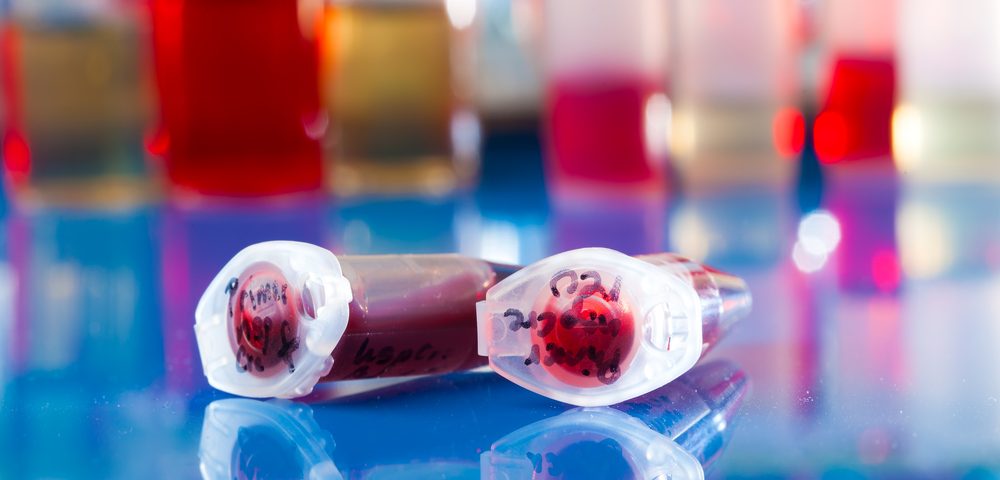Mesoblast has announced positive results of a Phase 2 clinical trial evaluating its lead mesenchymal precursor cell (MPC) therapy candidate, MPC-300-IV, in people with biologic refractory rheumatoid arthritis (RA).
“The safety and efficacy results of this study are very encouraging and suggest that Mesoblast’s cell therapy has the potential to fill the major unmet medical need of the biologic refractory RA population, where agents that provide consistent durable effects without the risk of opportunistic infections or malignancies are sorely needed,” Dr. Allan Gibofsky, a professor of Medicine and Public Health at Weill Cornell Medical College and attending rheumatologist at Hospital for Special Surgery in New York, said in a press release.
Recruited patients had biologic refractory RA, the hardest phenotype to treat and known to affect one-third of all RA patients who have received anti-TNF (anti-Tumor Necrosis Factor, TNF) or other biologic therapeutics. A total of 48 people were enrolled, all with active RA and following a stable treatment regimen with methotrexate (one of the most widely used medications for RA treatment), but who had previously failed to respond to at least one anti-TNF drug.
Patients were randomly assigned to receive either a single intravenous infusion of 1 million MPCs/kg (1M/kg, n=16), 2 million MPCs/kg (2M/kg, n=16), or a control placebo (n=16). The trial’s duration was 52 weeks, divided into a 12-week primary study period and a 40 week follow-up.
MPCs are a cocktail of selected cells (called mesenchymal precursor cells), and a single intravenous infusion of allogeneic MPCs has been shown to inhibit several markers of inflammation in RA (including TNF-alpha, IL-6 and IL-17) and to significantly improve clinical disease.
The study’s primary endpoint was the safety and tolerability of a single intravenous MPC infusion in these biologic refractory RA patients over 12 weeks. Additional endpoints included the treatment’s clinical efficacy at the 12-week mark, and the stability and length of the effects and safety profile through the study’s 52 weeks.
Results demonstrated that intravenous infusions of allogeneic MPCs were well-tolerated, with no serious adverse effects over 12 weeks. Most importantly, researchers observed that a single intravenous MPC infusion led to significant improvements (dose dependent) in clinical symptoms, function, and disease activity. The 2 million MPCs/kg higher dose showed the best clinical profile.
The American College of Rheumatology (ACR) 70, which measures clinical improvement, is an important parameter in RA treatment. Significantly, more patients in the high dose MPC-treated group achieved ACR70 compared to placebo controls at 12 weeks. Specifically, in patients who had previously received 1-2 biologics, a single infusion of 2 million MPC/kg led to a 55% and 36% ACR50 and ACR70 responses, respectively. These responses were only achieved in 11% and 0% of placebo treated patients, respectively.
Outcomes support the potential use of Mesoblast’s allogeneic MPCs as a first-line treatment for biologic refractory RA patients.
“The Phase 2 trial results have indicated a strong efficacy signal and consistent effects of a single MPC infusion on clinical symptoms, functional abilities, and disease activity, without any serious adverse events. … MPC-300-IV is well-positioned to advance through a strategic partnership into Phase 3 development for biologic refractory rheumatoid arthritis,” said Silviu Itescu, Mesoblast’s chief executive.


